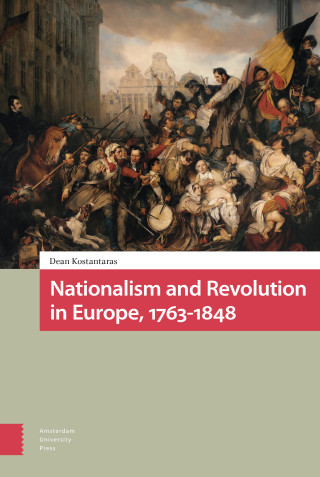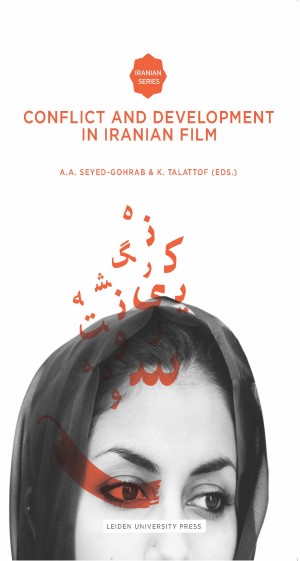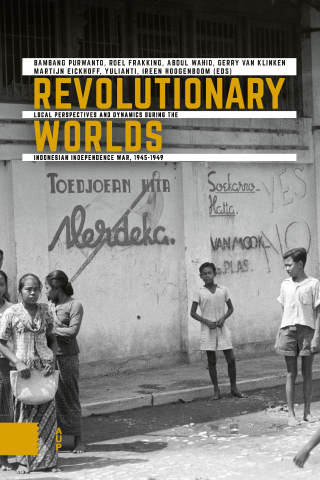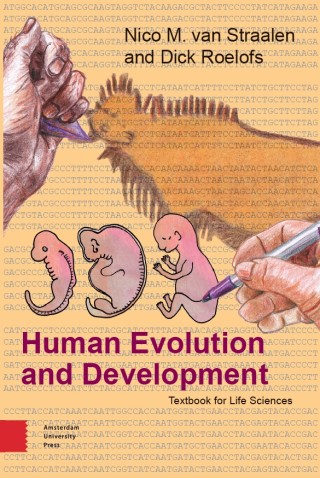Content
Acknowledgements
Asghar Seyed-Gohrab & Kamran Talattof, Politics and Persistence: The Development of Iranian Film
Yasco Horsman, The Sound of Frogs at Night: Kiarostami’s Philosophy of Cinema
Kamran Talattof, Sexuality and Cultural Change: The Presentation of Sex and Gender in Pre- and Post-revolutionary Iranian Cinema
Farzana Marie Dyrud, Kiarostami’s Cinematic Poetry in Where is the Friend’s Home? And The Wind will Carry Us
Julie Ellison, Which Half is Hidden? The Public or the Private: An Analysis of Milani’s The Hidden Half
Khatereh Sheibani, Abbas Kiarostami and the Aesthetics of Ghazal
Omid Tofighian, Contemporary Liminal Encounters: Moving Beyond Traditional Plots in Majidi’s Bârân
Niloofar Niknam, Virtuous Heroines: A Mythical Reading of Female Protagonists in
Contemporary Iranian Television Serials
Asghar Seyed-Gohrab, Marziyeh Meshkini’s The Day I Became a Woman
Index





